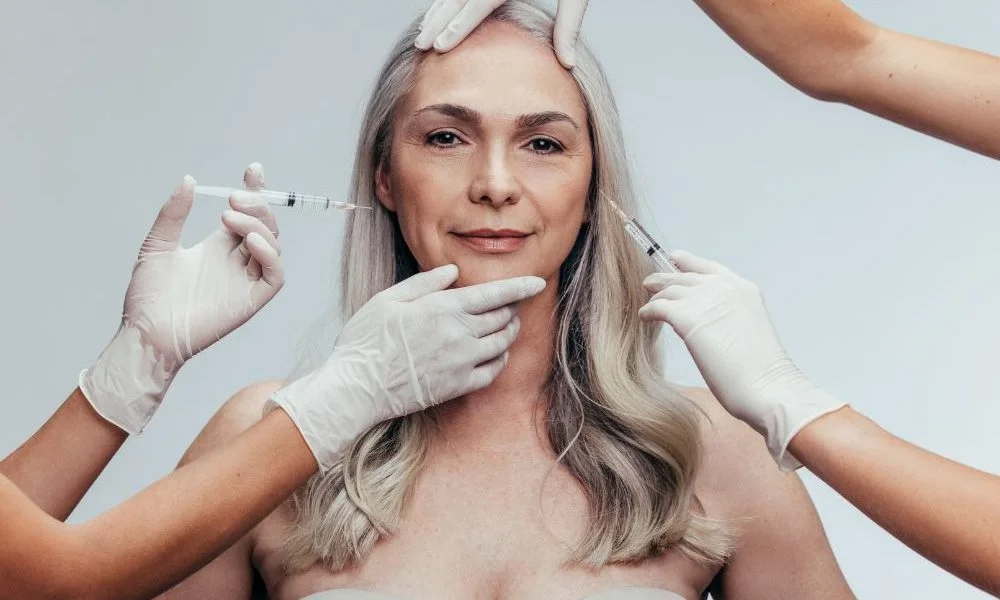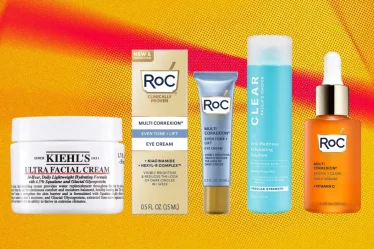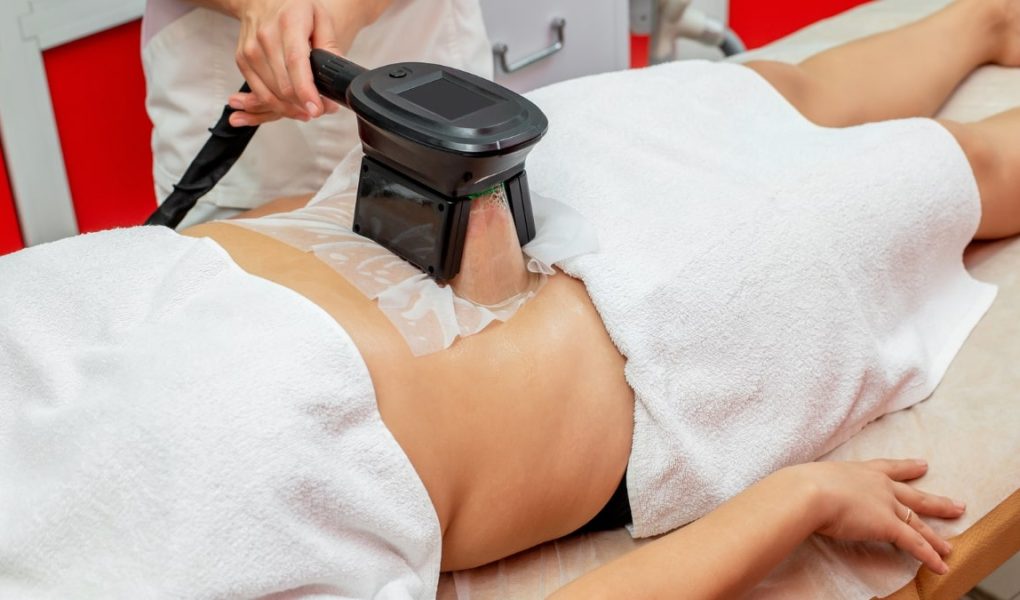
Cosmetic surgery is a topic surrounded by numerous myths and misconceptions. These misunderstandings can lead to unrealistic expectations, unnecessary fears, and poor decision-making. As Dr. Rod J. Rohrich, a renowned plastic surgeon, emphasizes, “The goal of plastic surgery is not to create a cookie-cutter look but to enhance your natural features and bring out your inner beauty” (Source: American Society of Plastic Surgeons). This article aims to debunk common cosmetic surgery myths, providing you with accurate information to make informed decisions.
Myth 1: Cosmetic Surgery is Only for the Rich and Famous
While it is true that many celebrities undergo cosmetic surgery, it is not exclusive to the rich and famous. Advances in medical technology and a broader range of options have made cosmetic procedures more accessible and affordable to a wider audience. Many clinics offer financing plans to help patients manage the cost of procedures.
When I considered getting a rhinoplasty, I was worried about the cost. However, I found that many clinics offered payment plans that made the procedure more affordable. This allowed me to proceed with the surgery without financial strain.
Dr. Julius Few, a leading plastic surgeon, notes, “Plastic surgery can be a life-changing experience for the right patient. It’s not about achieving perfection, but about feeling more confident and comfortable in your own skin” (Source: Julius Few, M.D.).
Myth 2: Cosmetic Surgery is a Quick Fix for Low Self-Esteem
Cosmetic surgery can enhance your appearance and boost self-confidence, but it is not a cure-all for low self-esteem. It’s important to address any underlying psychological issues before considering a cosmetic procedure. A pre-operative psychological evaluation can help determine if surgery is the right choice for you.
A study published in the Annals of Plastic Surgery found that while cosmetic surgery can improve body image, self-esteem, and quality of life for many patients, it also emphasized the importance of pre-operative psychological evaluation to identify individuals who may not benefit from surgery (Source: National Institutes of Health).
Dr. Lara Devgan, a respected plastic surgeon, states, “Plastic surgery is not a quick fix for low self-esteem. It’s important to address any underlying psychological issues before considering a cosmetic procedure” (Source: Lara Devgan, M.D.).
Myth 3: All Cosmetic Surgeons are the Same
Not all cosmetic surgeons have the same level of training and expertise. It is crucial to choose a board-certified plastic surgeon who has undergone rigorous training and adheres to high standards of practice. This ensures that you are in safe hands and increases the likelihood of achieving your desired results.
Dr. Malcolm Z. Roth, President of the American Society of Plastic Surgeons, advises, “Choosing a board-certified plastic surgeon is crucial for your safety and satisfaction. Do your research and ask questions before making a decision” (Source: American Society of Plastic Surgeons).
Before my surgery, I spent a lot of time researching potential surgeons. I checked their certifications, read reviews, and asked for before-and-after photos of previous patients. This thorough research gave me confidence in my choice and contributed to a successful outcome.
Myth 4: Cosmetic Surgery is Only for Women
Cosmetic surgery is not gender-specific. Men also seek cosmetic procedures to improve their appearance and boost their self-confidence. Common procedures for men include rhinoplasty, liposuction, and gynecomastia surgery (male breast reduction).
A report by the American Society of Plastic Surgeons highlights an increasing number of men opting for cosmetic surgery, indicating that the desire to enhance one’s appearance transcends gender (Source: American Society of Plastic Surgeons).
Dr. David H. Song, a prominent plastic surgeon, explains, “Plastic surgery is not a one-size-fits-all solution. Every patient is unique, and the best approach will vary depending on your individual goals and anatomy” (Source: American Society of Plastic Surgeons).
Myth 5: Results of Cosmetic Surgery are Permanent
While many cosmetic procedures provide long-lasting results, they are not necessarily permanent. Factors such as aging, weight fluctuations, and lifestyle choices can affect the longevity of your results. Some procedures may require touch-ups or additional treatments over time.
A study in the Plastic and Reconstructive Surgery journal found that while the majority of patients maintained their results over time, some procedures, such as facelifts, may require touch-ups (Source: National Institutes of Health).
Dr. Julius Few emphasizes, “Plastic surgery can be a life-changing experience for the right patient. It’s not about achieving perfection, but about feeling more confident and comfortable in your own skin” (Source: Julius Few, M.D.).
After my rhinoplasty, I was thrilled with the results. However, I understood that maintaining a healthy lifestyle and regular follow-ups with my surgeon were essential to preserving my new look.
Myth 6: Cosmetic Surgery is Risk-Free
All surgeries carry some level of risk, and cosmetic surgery is no exception. Potential complications include infection, scarring, anesthesia complications, and dissatisfaction with the results. It is important to discuss these risks with your surgeon and follow all pre- and post-operative care instructions to minimize them.
A study published in the Aesthetic Surgery Journal identified several risk factors for complications in cosmetic surgery, including smoking, obesity, and certain medical conditions. It emphasizes the importance of patient selection and pre-operative optimization to minimize risks (Source: National Institutes of Health).
Dr. Malcolm Z. Roth stresses, “Plastic surgery should never be done under pressure or to please someone else. It’s a personal decision that should be made after careful consideration and consultation with a board-certified plastic surgeon” (Source: American Society of Plastic Surgeons).
Myth 7: Cosmetic Surgery Will Make You Look Fake or Unnatural
Advancements in cosmetic surgery techniques aim to enhance your natural features rather than creating an artificial look. The goal is to achieve results that are harmonious with your overall appearance, making you look like a refreshed, more confident version of yourself.
Dr. Rod J. Rohrich explains, “The goal of plastic surgery is not to create a cookie-cutter look but to enhance your natural features and bring out your inner beauty” (Source: American Society of Plastic Surgeons).
After my surgery, I was pleasantly surprised by how natural my results looked. Friends and family noticed a positive change but couldn’t quite pinpoint what was different, which is exactly what I wanted.
Myth 8: Social Media Provides Reliable Information About Cosmetic Surgery
While social media can offer inspiration and connect you with real patient experiences, it is not always a reliable source of information. Images and stories can be heavily edited or exaggerated, creating unrealistic expectations. It is important to seek information from reputable sources and have thorough consultations with qualified surgeons.
A study published in Current Opinion in Otolaryngology & Head and Neck Surgery explored the influence of social media on cosmetic surgery trends and highlighted the potential for social media to create unrealistic beauty standards. The study underscores the importance of educating patients about realistic expectations (Source: National Institutes of Health).
Dr. David H. Song advises, “It’s important to be patient with the healing process and trust your surgeon’s expertise” (Source: American Society of Plastic Surgeons).
Conclusion
Debunking these common myths about cosmetic surgery helps provide a clearer, more accurate understanding of what the procedures entail. It is crucial to approach cosmetic surgery with realistic expectations, thorough research, and a focus on personal motivations. As Dr. Rod J. Rohrich wisely states, “The goal of plastic surgery is not to create a cookie-cutter look but to enhance your natural features and bring out your inner beauty” (Source: American Society of Plastic Surgeons).



